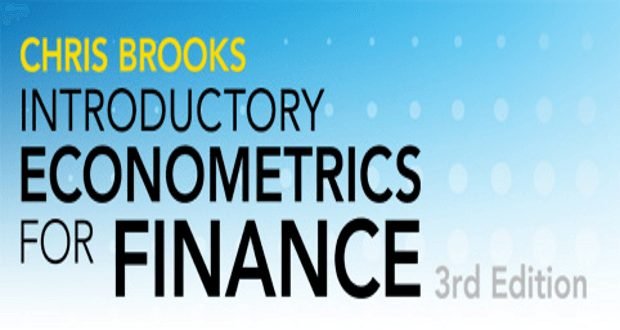180 câu trắc nghiệm Kinh tế lượng – Phần 1

Chapter 1: Economic Questions and Data
KTL_001_C1_1: Analyzing the behavior of unemployment rates across U.S. states in March of 2010 is an example of using
○ time series data.
○ panel data.
● cross-sectional data.
○ experimental data.
KTL_001_C1_2: Studying inflation in the United States from 1970 to 2010 is an example of using
○ randomized controlled experiments.
● time series data.
○ panel data.
○ cross-sectional data.
KTL_001_C1_3: Analyzing the effect of minimum wage changes on teenage employment across the 48 contiguous U.S. states from 1980 to 2010 is an example of using
○ time series data.
● panel data.
○ having a treatment group vs. a control group, since only teenagers receive minimum wages.
○ cross-sectional data.
KTL_001_C1_4: Econometrics can be defined as follows with the exception of
○ the science of testing economic theory.
○ fitting mathematical economic models to real-world data.
○ a set of tools used for forecasting future values of economic variables.
● measuring the height of economists.
KTL_001_C1_5: The accompanying graph
 is an example of
is an example of
○ experimental data.
○ cross-sectional data.
● a time series.
○ longitudinal data.
KTL_001_C1_6: One of the primary advantages of using econometrics over typical results from economic theory, is that
● it potentially provides you with quantitative answers for a policy problem rather than simply suggesting the direction (positive/negative) of the response.
○ teaching you how to use statistical packages.
○ learning how to invert a 4 by 4 matrix.
○ all of the above.
KTL_001_C1_7: In a randomized controlled experiment
○ you control for the effect that random numbers are not truly randomly generated
● there is a control group and a treatment group.
○ you control for random answers.
○ the control group receives treatment on even days only.
KTL_001_C1_8: The reason why economists do not use experimental data more frequently is for all of the following reasons except that real-world experiments
○ with humans are difficult to administer.
○ are often unethical.
● cannot be executed in economics.
○ have flaws relative to ideal randomized controlled experiments.
KTL_001_C1_9: The most frequently used experimental or observational data in econometrics are of the following type:
○ randomly generated data.
○ time series data.
○ panel data.
● cross-sectional data.
KTL_001_C1_10: In the graph below, the vertical axis represents average real GDP growth for 65 countries over the period 1960-1995, and the horizontal axis shows the average trade share within these countries.

This is an is an example of
○ experimental data.
● cross-sectional data.
○ a time series.
○ longitudinal data.